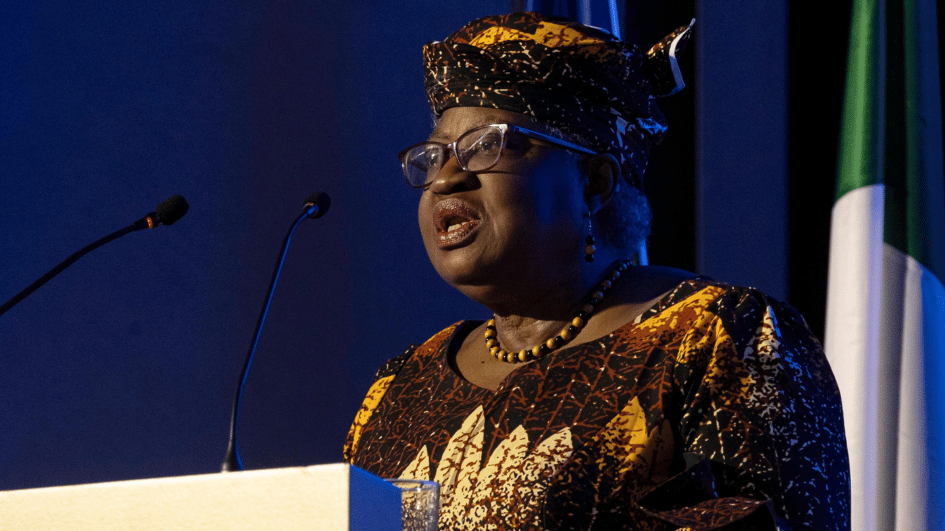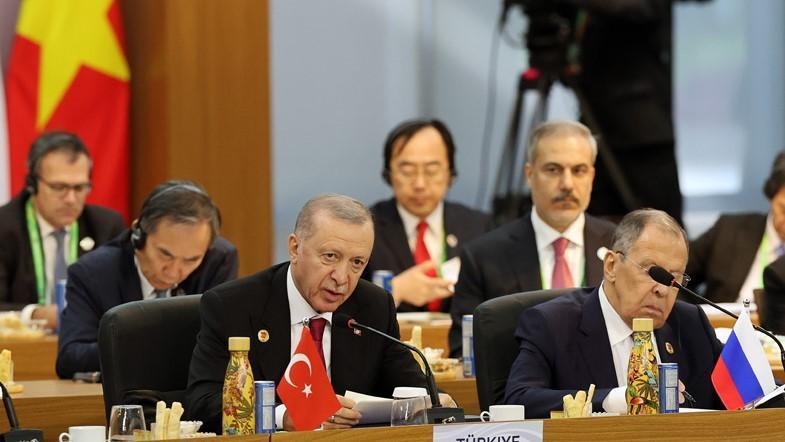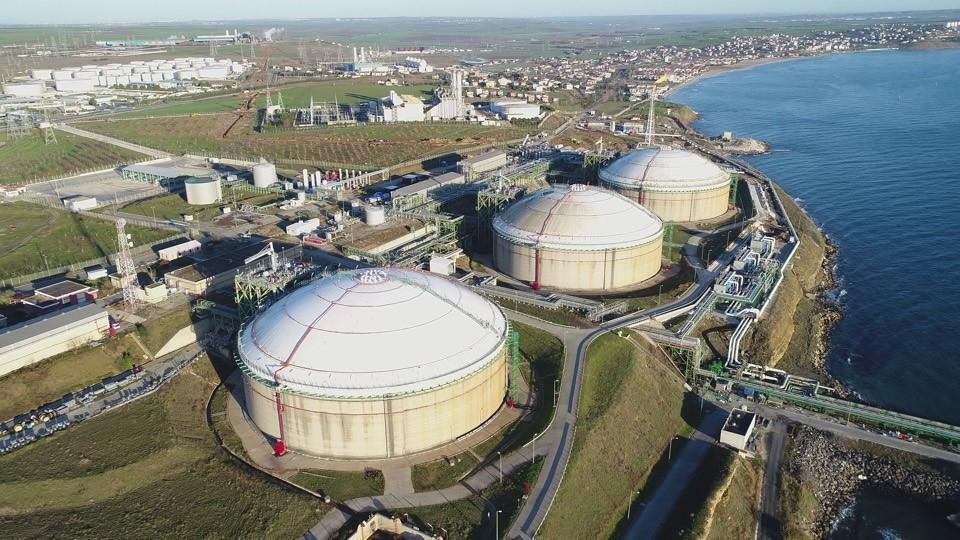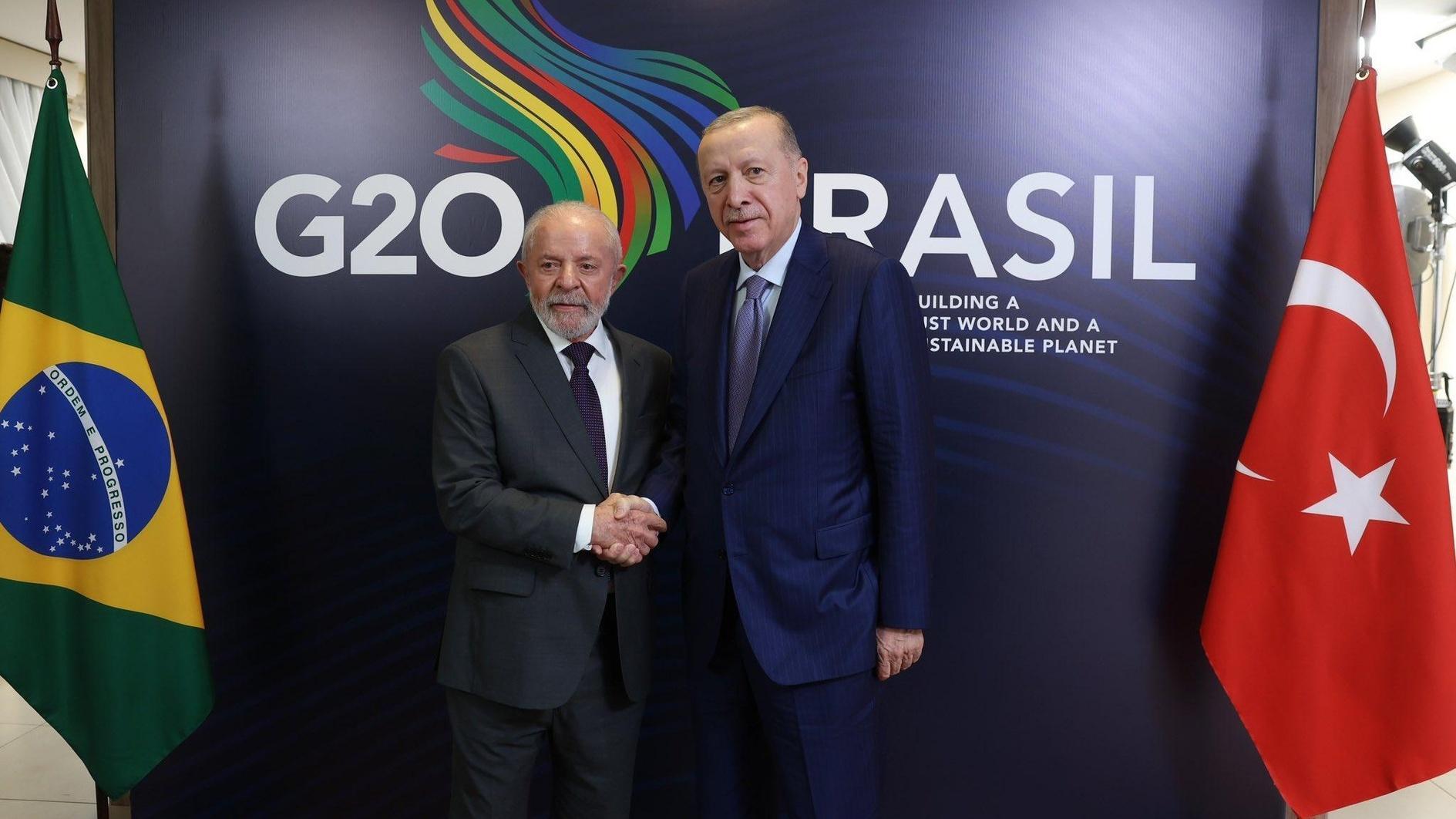E-commerce talks at WTO make strong headway: organisers
EU

Negotiations at the World Trade Organization towards drawing up global e-commerce rules have concluded on a range of regulations, and should wrap up fully next year, the countries organising the talks said Wednesday.
Around 90 countries, representing 90 percent of the WTO membership and including heavy-hitters like the United States, the European Union and China, have been participating in the talks first launched in 2019.
Australia, Japan and Singapore, which have been co-convening the talks, announced Wednesday "the substantial conclusion of negotiations on a number of global digital trade rules that will facilitate electronic transactions, promote digital trade facilitation, and foster an open and trusted digital economy".
"This marks a significant milestone," they said in a statement.
Countries have largely concluded negotiations in three broad areas: digital trade facilitation, open digital environment and business and consumer trust, they said.
Within those areas, issues like e-authentication and e-signatures, e-contracts and paperless trading, online consumer protection, personal data protection and cybersecurity had been worked out.
Countries were meanwhile still discussing how to regulate telecommunication services and e-payments, as well as provisions of information and communications technology (ICT) products that use cryptography, the statement said, adding that the aim was "to conclude negotiations in a timely manner in 2024".
Participants hailed the progress.
"Agreement on a broad range of digital trade rules at the WTO will facilitate digital trade for consumers and businesses, particularly MSMEs (micro, small and medium enterprises), and promote digital transformation," EU Trade Commissioner Valdis Dombrovskis said in the statement.
"The European Union looks forward to reaching a positive outcome on the outstanding issues by early 2024, including on the non-imposition of customs duties on electronic transmissions and on ensuring an inclusive process by addressing implementation challenges faced by developing countries."
US Trade Representative Katherine Tai also welcomed "the progress made to date".
"The United States will continue to work in 2024 to help achieve further progress with a view to a final package of articles that brings meaningful benefits to workers, businesses, governments, and the public, particularly MSMEs and women-owned businesses," she said in the statement.
















